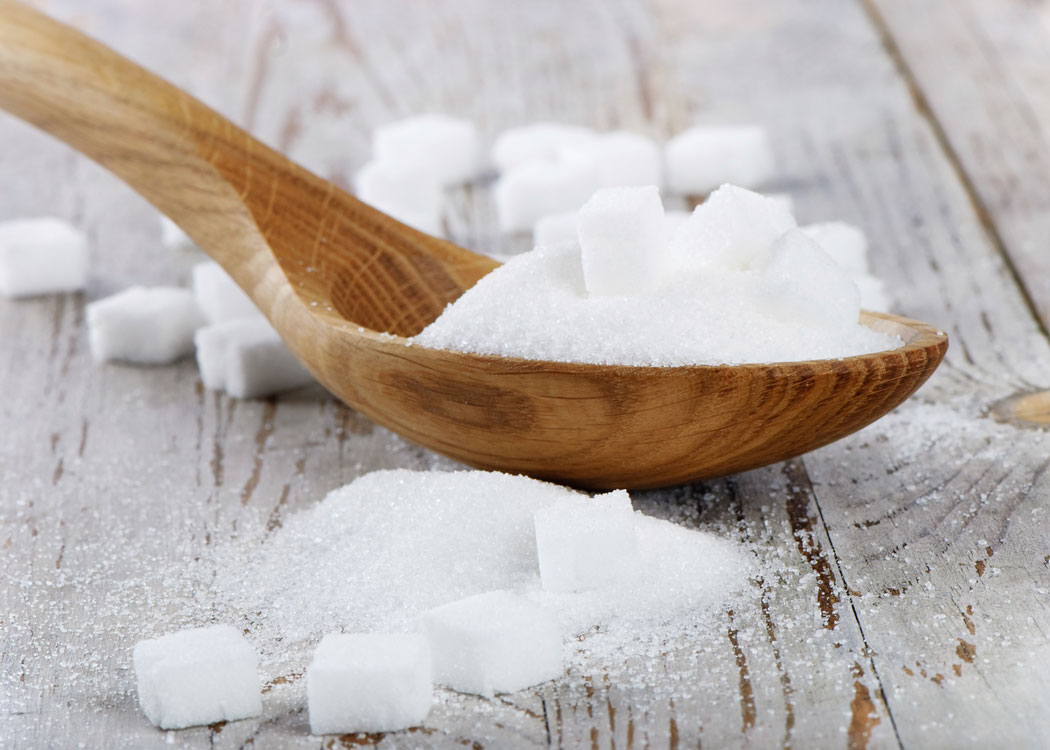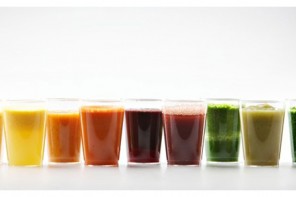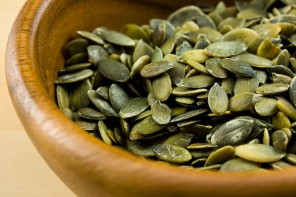We’ve all heard of people claiming that they’re “chocoholics” or addicted to a certain kind of treat or dessert. Who doesn’t like a something sweet after a meal? The problem is that for some of us, our taste buds scream for the sweet-tasting, sugary substance that gets flooded into our bodies and blood streams within seconds. Sugar addiction is real and many of us are sufferers.
New studies are cropping up every day, showing how the “pleasure centre” of the brain (the nucleus accumbens) is activated by sugar in a similar way as if it was reacting to hard-core drugs like cocaine and morphine. In a study that was presented at the Society for Neuroscience’s annual conference in November last year, scientists discovered that Oreo cookies produced more pleasure in rats than cocaine. While this study was done on rats, the authors say it’s likely relevant to people, too. The researchers determined this by putting rats in a maze with Oreos and cocaine (and the rats spent just as much time hanging out on the coke and morphine side of the maze as they did on the Oreo side).
The problem with sugar addiction is that it’s almost impossible (or at least extremely difficult) to eliminate from our diets. When we think of sugar, we usually think about the sugary powder that we can control, per teaspoon, as we add it to our coffee. The reality of the situation is that sugars have been added to almost all the processed food that we eat. Things that don’t even necessary taste sweet, such as brown bread, tomato sauce, bacon (food manufacturers often add sugar to processed meat to make it tastier), canned fruit (which are usually packed in sugary syrup) as well as fat free salad dressing and fat free yoghurt (as a side note – the only way they can market it as “fat free” is because they need to add lots of sugars to give you the same taste and mouth feel that the fat content provided in the full fat version) – are all filled with sugar. There are also many savoury snacks that have more sugar than ice cream.
Scientists discovered that Oreo cookies produced more pleasure in rats than cocaine
So what’s the solution? Unfortunately, you’re going to have to ween yourself off the drug. There are a variety of options, such as Dr. Mark Hyman’s “Blood Sugar Solution 10-Day Detox Diet” (Dr. Hyman is the chairman of the Institute for Functional Medicine and he claims he’ll be able to help you “reboot your system” in 10 days), or Dr. Kathleen DesMaisons, the author of “Potatoes not Prozac”. Dr. DesMaisons’ method, which is based on years of research and practical experience at a clinic she runs for people who are “sugar sensitive” (a term that she coined years ago), is based on raising your naturally low levels of serotonin, beta endorphins and blood sugar so that you won’t need to turn to sugar.
A growing number of researchers believe that sugar is the greatest single threat to human health, contributing to 35-million deaths each year. If you’re thinking of quitting sugar, there are many different ways, but remember that it’s hard, but it’s worth it. The only way to find out how dependent you are on sugar is to consciously give it up. Within 2 – 6 weeks, the withdrawal passes.
Image here











